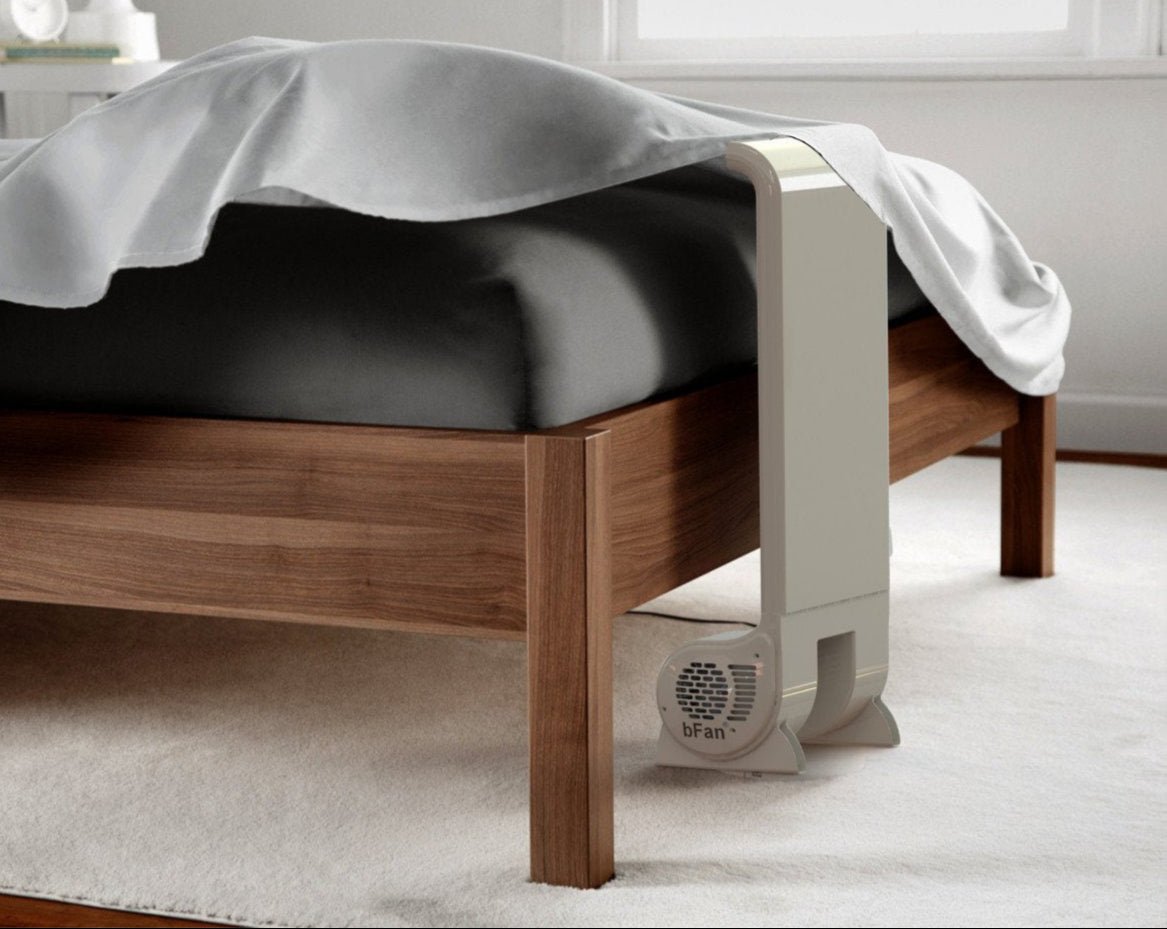Will Sleep Help A Cold
Does Sleep Help a Cold and is Sleep Good for a Fever?
Most people who have been sick can attest to the fact that their go-to way to get rid of whatever has them down is to sleep it off. This makes perfect sense as sleep and rest are the best way to replenish the sleep that you lose while sick. Digging deeper into the science behind sleeping off a cold, we find that there are a lot of ways in which sleeping helps your body!
The first way in which sleeping is helpful is that your body’s fever response reacts even better when you’re asleep! A fever is a temporary rise in body temperature which is generally triggered by an infection. Fevers are a sign that the immune system is preparing to attack the body’s invader and that preparation can take a lot of energy out of the body. This is while you’ll commonly notice that your body feels tired and your brain feels incredibly fuzzy when you’re feverish. Therefore, sleeping will help your immune system fight off the infection faster.
During the first few days of being sick, it’s perfectly normal to sleep for most of the day. There should be no concerns around this as long as you’re eating enough healthy food and drinking enough water to keep your body hydrated. You should, however, see a doctor if the tiredness does not decrease after a few days or if you still feel extremely lethargic after the sickness has gone away.
When you’re sleeping a lot from a cold, there are several things you can do to nurture this sleep and keep getting that good rest that you need! The first is to take a hot bath or shower before you sleep. The hot water and humidity will both help you relax and break up mucus, which will in turn help you breathe better. Having a humidifier in your room will also help with congestion while you’re sleeping. Sleeping with your head propped up will also help you breathe better while sleeping. It reduces pressure in your neck and also allows your nasal passages to drain easily.
Another way to make sure that you get good sleep at night is to only use nighttime cold medications. Other cold medications will keep you awake for hours at night. This includes the majority of decongestants. It’s also helpful to drink a cup of tea as you’re going to bed. Not only can it help soothe your throat, but there are also kinds that can help you to get good sleep. Magnolia tea is very helpful as it contains honokiol and magnolol, which are natural sedatives. Low caffeine green tea has also been found in studies to promote good sleep! Along with those, both chamomile and lavender teas are very helpful in promoting sleep. Chamomile has sedative effects, while lavender promotes relaxation.
You should also make sure that your room is set up to promote optimal sleep. There should be minimal clutter and the temperature should be between 60 and 71 degrees Fahrenheit. There should be minimal lighting, too, which can be achieved with blackout curtains. You should also limit your exposure to artificial light, such as light from computers, phones, and TVs, as it contains blue light which is disruptive to your circadian rhythm.
Share

